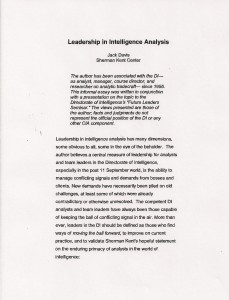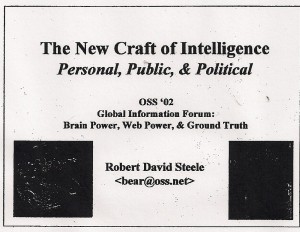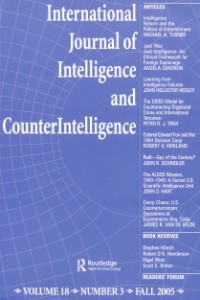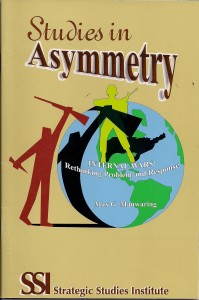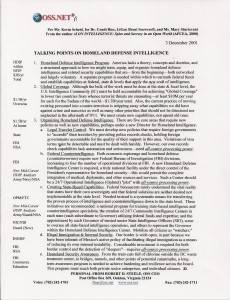
ABOUT
Communication is fundamental to the valorisation of information, and together information and communication play multiple roles in social development. For example, layers of information have accumulated over generations to provide us with the stock of knowledge we take for granted in science, culture and everyday life. This knowledge is communicated from person to person and from generation to generation, thus becoming the foundation for all new innovation. The system of intellectual property rights has been devised as one way of achieving a balance between rewarding creativity, by granting limited rights to withhold or charge for information, and simultaneously ensuring that there is a viable public domain with information freely available to future generations of creative minds.
Communication is also recognised as a basic requirement for democratic society because it underpins other human rights; ensuring that people can participate in the (re)organisation of their social, cultural and political environments. These rights are embodied in institutions and practices and evoked in international covenants such as Article 19 of the Universal Declaration of Human Rights.
Together information and communication are the fundamental building blocks of our societies – essential for everything from technological innovation to cultural development.
In the last quarter of the twentieth century, the information domain became ‘turbo-charged', first through mass media and then ICTs. Suddenly, information processing could be ‘industrialized'; copying and dissemination could in principle be virtually instantaneous and infinite; access could be made universal, or universally denied. The stakes were hugely raised in terms of creativity, the balance between ownership and social use of information, and information and communication rights. Today the roles of information and communication are international arenas of contention, with dynamics often pulling against each other.
This research will contribute to defining a vision of an information and communication society by examining a number of aspects of these dynamics and by mapping out a series of alternative scenarios for governance of information and communication. The scenarios will examine implications of the different levels of participation by various actors from multilateral bodies, governments, private sector, and civil society. The paper will conclude with a number of proposals for actions.


